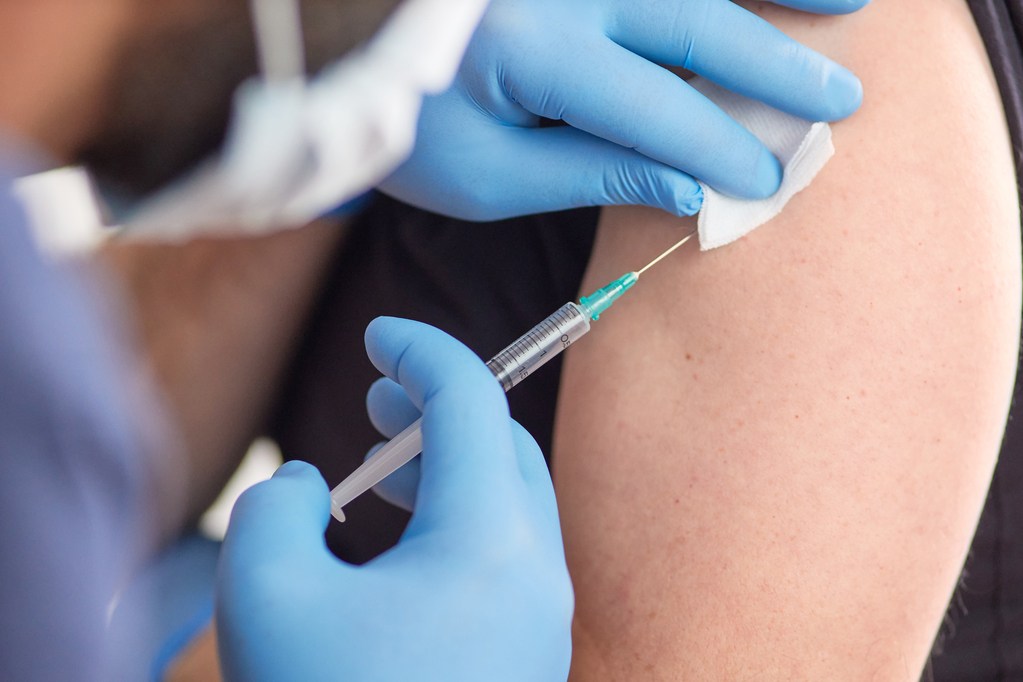Since the start of the COVAX facility, a WHO-led initiative to provide vaccines to low-income countries, the EU has been a main contributor and funded the facility with almost €2.5 billion. What has been missing until now has been the actual delivery of vaccines.
The objective of COVAX is to deliver 1.3 billion doses for 92 low and middle-income countries by the end of 2021 but it is still lagging far behind EU and other high-income countries. In a recent op-ed in The New York Times, WHO Director-General Dr Tedros Adhanom Ghebreyesus complained that the rich countries are not keeping their vaccine promises.
“Of the more than 890 million vaccines doses that have been administered globally, more than 81 % have been given in high-and upper-middle income countries. Low-income countries have received just 0.3 %,” he wrote. While vaccination is underway in almost all countries, the number of vaccines delivered has been totally insufficient.
He blamed the rich countries for pre-ordering the vaccines on which COVAX was relying and listed a number of factors that have been undermining COVAX financially and politically, such as vaccine nationalism, vaccine diplomacy, vaccine hesitancy and vaccine euphoria (relaxing health measures too early).
EU has already secured access to 2.6 billion vaccine doses thanks to its vaccine strategy, more than enough to vaccinate the EU population five times, but the schedule of actual deliveries to EU and its member states is still uncertain.
Without knowing in advance which vaccines would be safe and effective, it wanted to guarantee vaccine deliveries from several producers. Another reason for the immense number was to secure a surplus of doses that could be donated to non-EU countries.
“We are working in several ways to deliver to COVAX,“ assured Dana Spinant, deputy chief spokesperson for the European Commission, at a press conference on Monday.
Asked by The Brussels Times about the state of play concerning vaccine donations to COVAX, she assured that the deliveries will not have to wait until EU has reached its own vaccination goal of vaccinating at least 70 % of the adult population by this Summer. “One objective has not priority over the other. While vaccinating our populations, we are also helping low-income countries through COVAX.”
According to the Commission, EU deliveries through COVAX are picking up speed, among others by bilateral donations by EU member states. “Sharing vaccines is not only a matter of solidarity with other countries but also in EU’s self-interest.” France has announced that it will share 500,000 doses by mid-June. Spain intends to share 5 – 10 % of its doses with COVAX.
Sweden announced yesterday plans to donate one million vaccine doses to COVAX of the AstraZeneca vaccine. It is an act of generosity but reflects also the problem in the roll-out of the AstraZeneca vaccine in Sweden, where many people are reluctant to be vaccinated with it because of rare health side effects.
“No one is safe until everyone is safe,” tweeted Per Olsson Fridh, its minister of international development cooperation & humanitarian affairs, before a meeting with WHO at its headquarters in Geneva. “Hope more countries will follow our lead.”
Dr Tedros, the WHO Director-General, welcomed the Swedish donation. “Sweden’s announcement that it will share 1 million doses of COVID-19 vaccines with COVAX is a superb gesture that must be replicated urgently, and repeatedly, by governments around the world to accelerate the equitable rollout of vaccines globally,” he said.
COVAX urgently needs 20 million doses during the second quarter of 2021 to cover interruptions in supply triggered by increased demands for vaccines in India where COVAX’s main supplier of the AstraZeneca product is based.
Dr Tedros added: “Such support will ensure that people in vulnerable countries, especially, in Africa, will be able to receive their second doses through the COVAX initiative. Sweden’s generous support is very timely as it comes at a time when the world needs it most.”
M. Apelblat
The Brussels Times

